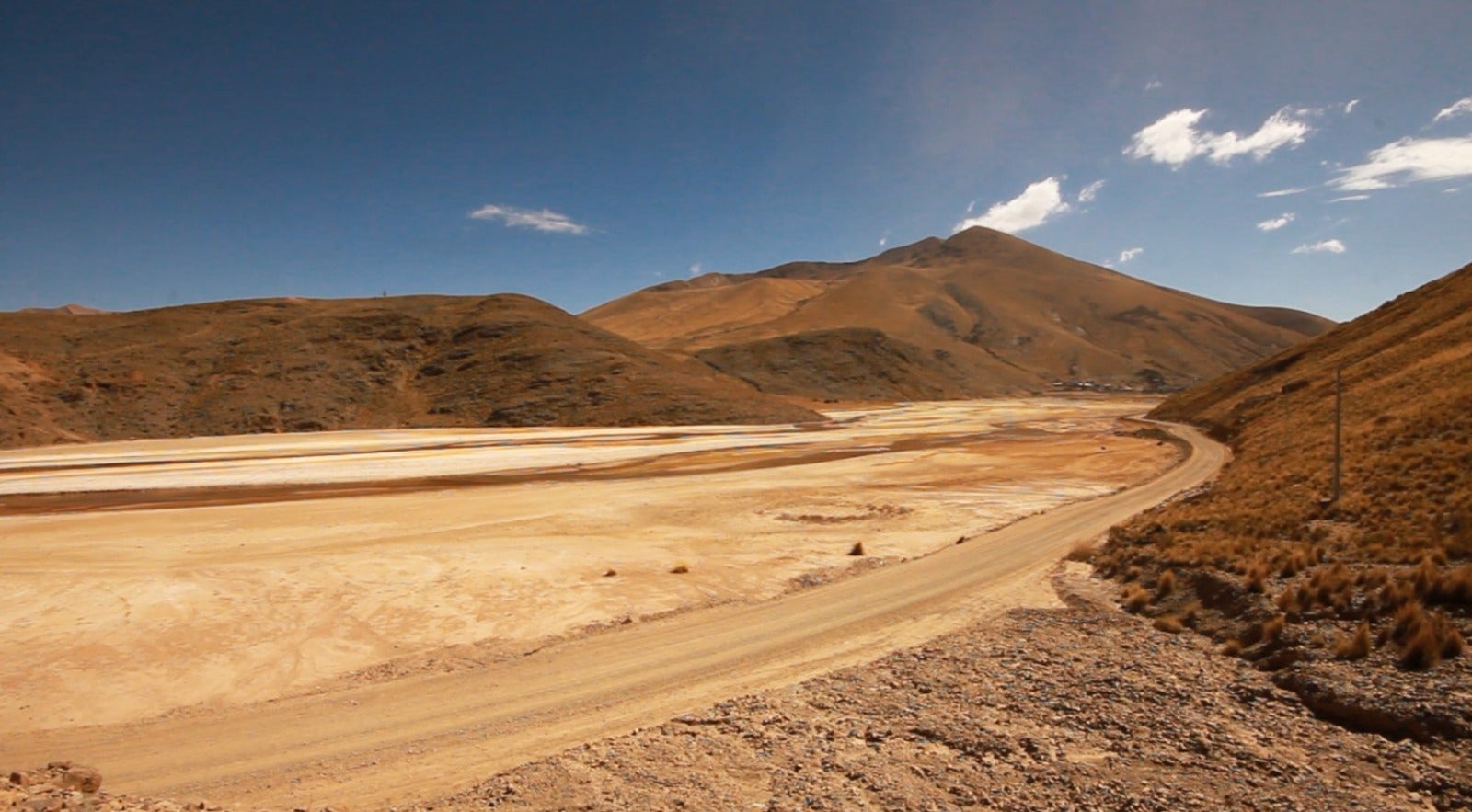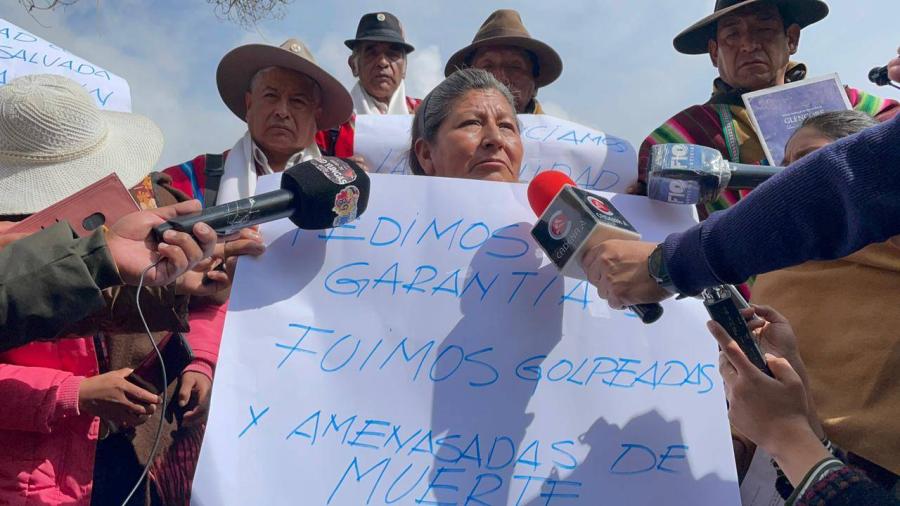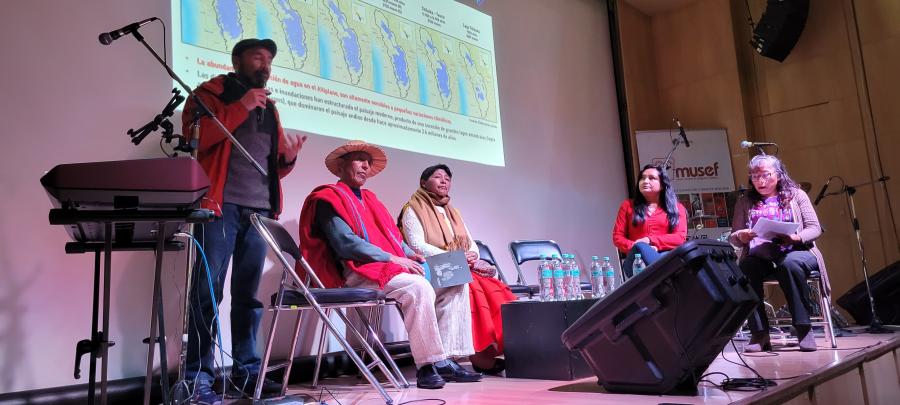
Cultural Survival expresses our deep concern and indignation in the face of the continuous criminalization and rights violations against Indigenous defenders in Bolivia. In October 2024, the Quechua community of Totoral Chico rejected a farce consultation by mining company La Salvada Sociedad Colectiva, which was already operating in their territory. Now, the leaders are being threatened and criminalized. All eyes on Bolivia!
In October, the community was informed by Bolivia’s mining agency, the Jurisdictional Administrative Mining Authority (AJAM), that a consultation would be carried out as part of the process of awarding a mining contract to the Salvada Sociedad Colectiva mining company, which has already been operating illegally in the territory for decades. However, this “consultation” was a farce; it did not comply with any of the requirements for seeking the Free, Prior and Informed Consent of affected Indigenous communities. This right held by Indigenous Peoples is enshrined in various international rights frameworks, including the UN Declaration on the Rights of Indigenous Peoples, as well as Bolivia’s own constitution. Bolivia is also party to the Escazú Agreement, a binding treaty, meaning the state has committed to protect human rights and environmental defenders.

The Totoral Chico community rejected the consultation. Now, the government is insisting upon carrying out two more “consultations,” a purely administrative process that will result in the awarding of the mining contract without respecting any of the rights of the affected communities.
For a long time, the community has been experiencing threats and criminalization for defending their territory and rights. In April of 2024, Totoral Chico community members were engaged in a peaceful protest when mine workers from the Sindicato Avicaya attacked them. Eleven women and two children had to flee to La Paz and Oruro. Since then, six women have been unable to return to their community and have had to remain elsewhere after the violence they suffered and because of the danger they will face if they return.
In October, a criminal case was reactivated against two of the traditional authorities of the Ayllu Acre Antequera, Mama Bertha Ayala and Tata Hernán Roque. Community leader Beatriz Bautista, who supports the community through the Qhana Pukara Kurmi collective, a partner organization of Cultural Survival, spoke recently with the press about these events, and since then, she has begun to receive anonymous calls threatening her that as soon as she returns to the territory, actions will be taken against her. We believe these threats and the reactivation of criminal proceedings against the traditional authorities are the direct result of her frank and brave defense of the Indigenous communities, their territories, and their rights. We are with Mama Bertha, Tata Hernán, Beatriz, and all the people–adults and children–of the community, and we have our eye on Bolivia.
The Bolivian state has committed its mining sector to carrying out operations with transparency, social responsibility, and respect for the environment. It also invokes the value of Vivir Bien (also known as Buen Vivir) an Indigenous-rooted concept that implies harmony, equilibrium, and respectful and reciprocal relationships among human beings and between humans and the environment, all of which are currently being violated, violently.
Cultural Survival scall on the government of Bolivia to:
-Put an end to the criminalization of environmental and rights defenders
-Make clear that neither threats nor violence against defenders will be tolerated
-Respect Indigenous Peoples’ right to Free, Prior and Informed Consent
Photos courtesy of Qhana Pukara Kurmi / Ayllu Acre Antequera.


